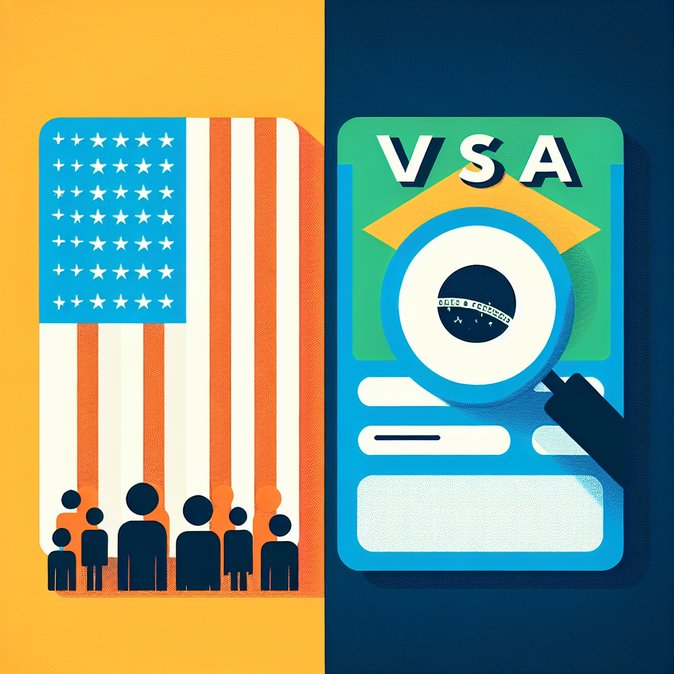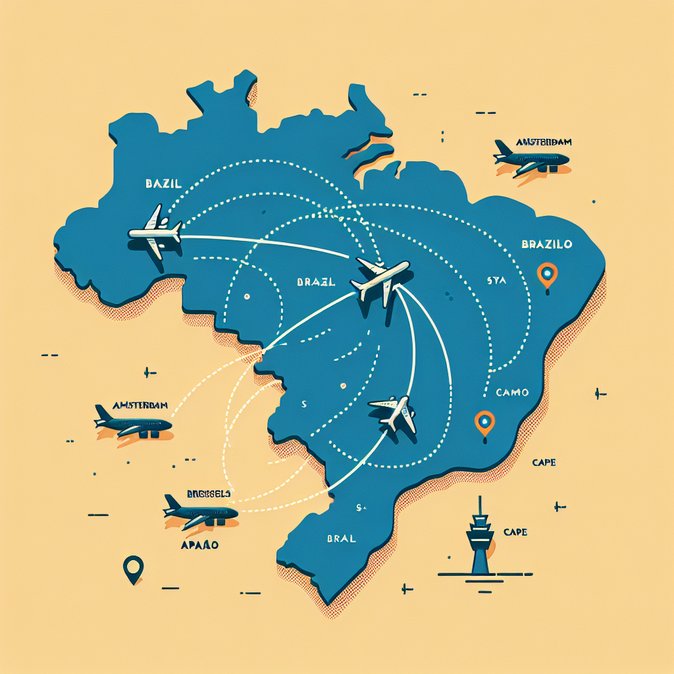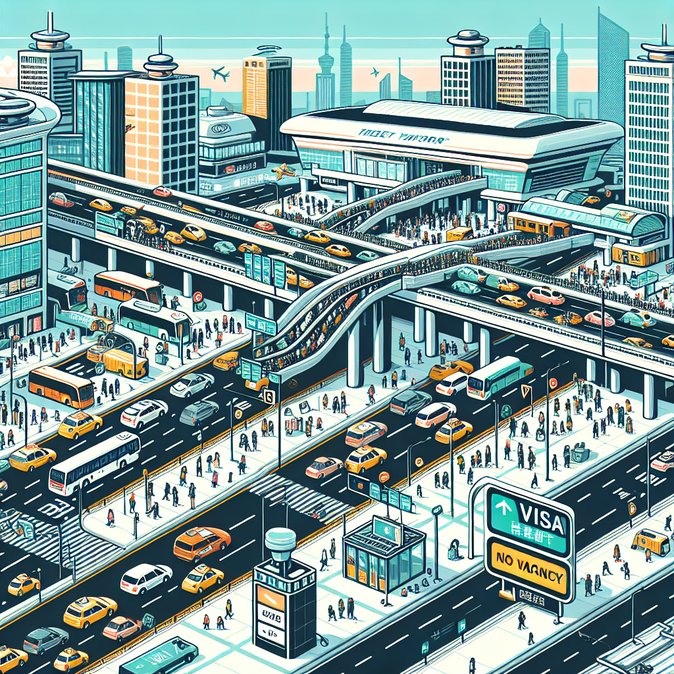
Brazilian travel agencies are warning clients to brace for longer lead-times, higher refusal rates and possible mid-trip document checks after Washington unveiled a broad tightening of visa controls on 17 November 2025. Under the new guidance, every class of U.S. visa issued in Brazil—including B-1/B-2 visitor visas, F-1 student permits and H-1B work authorisations—may be subject to retroactive review. The U.S. Citizenship and Immigration Services (USCIS) will also roll out an expanded civics test for naturalisation next year, adding to the compliance burden.
Industry analysts note that the measures cap a multi-year shift toward stricter vetting of Brazilian nationals. According to Tourism Economics, U.S. inbound arrivals have already fallen 8.2 % year-on-year; Brazilian demand is expected to tumble further as interview wait-times in São Paulo and Brasília climb past 300 days. Airlines and tour operators are reporting a surge in cancellations for the first quarter of 2026 and have begun offering penalty-free re-booking to retain business.
![Tighter U.S. Visa Scrutiny Slashes Brazilian Travel Demand]()
For corporate mobility managers, the dual risk is schedule disruption and talent diversion: highly-skilled professionals deterred by fees of up to US$100,000 for an H-1B petition are now considering Canada, Portugal and the UAE as alternatives. Technology and energy multinationals with Brazilian workforces are advising travelling staff to carry proof of employment, avoid one-way tickets and build in contingency days for secondary inspection.
Brazil’s Ministry of Foreign Affairs says it is monitoring the situation but has ruled out retaliatory measures for now, citing bilateral trade negotiations that hinge on tariff concessions rather than migration policy. Legal experts nevertheless expect pressure to mount for reciprocal visa fees or accelerated e-visa talks if refusal rates spike above historic norms.
In the short term, travellers should secure interview slots immediately, double-check ESTA validity for onward trips through third countries and keep digital copies of supporting documents. Corporate travel teams are urged to coordinate with immigration counsel and escalate mission-critical travel to premium appointment channels where available.
Industry analysts note that the measures cap a multi-year shift toward stricter vetting of Brazilian nationals. According to Tourism Economics, U.S. inbound arrivals have already fallen 8.2 % year-on-year; Brazilian demand is expected to tumble further as interview wait-times in São Paulo and Brasília climb past 300 days. Airlines and tour operators are reporting a surge in cancellations for the first quarter of 2026 and have begun offering penalty-free re-booking to retain business.

For corporate mobility managers, the dual risk is schedule disruption and talent diversion: highly-skilled professionals deterred by fees of up to US$100,000 for an H-1B petition are now considering Canada, Portugal and the UAE as alternatives. Technology and energy multinationals with Brazilian workforces are advising travelling staff to carry proof of employment, avoid one-way tickets and build in contingency days for secondary inspection.
Brazil’s Ministry of Foreign Affairs says it is monitoring the situation but has ruled out retaliatory measures for now, citing bilateral trade negotiations that hinge on tariff concessions rather than migration policy. Legal experts nevertheless expect pressure to mount for reciprocal visa fees or accelerated e-visa talks if refusal rates spike above historic norms.
In the short term, travellers should secure interview slots immediately, double-check ESTA validity for onward trips through third countries and keep digital copies of supporting documents. Corporate travel teams are urged to coordinate with immigration counsel and escalate mission-critical travel to premium appointment channels where available.


